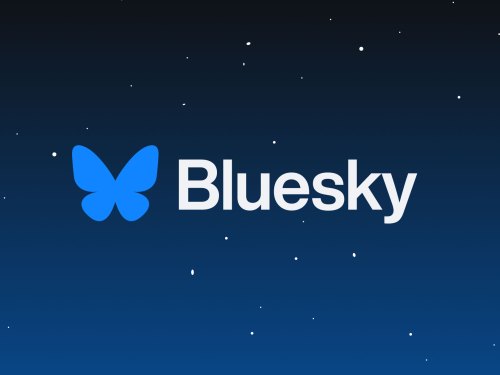 One reason startups and developers are so excited about the iPhone is because they can create richer mobile applications for it and it promises to become a more open platform than the carrier-controlled home decks on most other cell phones. But don’t be so sure that they are not trading one walled garden for another. The home deck is being replaced by the iPhone App Store on iTunes. And Apple controls which apps get virtual shelf space in that store, and which ones get featured. There are only 700 or so apps in the App Store, but there are thousands that want to get in.
One reason startups and developers are so excited about the iPhone is because they can create richer mobile applications for it and it promises to become a more open platform than the carrier-controlled home decks on most other cell phones. But don’t be so sure that they are not trading one walled garden for another. The home deck is being replaced by the iPhone App Store on iTunes. And Apple controls which apps get virtual shelf space in that store, and which ones get featured. There are only 700 or so apps in the App Store, but there are thousands that want to get in.
On a VC panel at MobileBeat a right now, Accel partner Richard Wong points out:
Apple is the new gatekeeper. It is a walled garden. Hopefully it is a more benevolent one [than the mobile carriers].
So far Apple is more benevolent than the carriers. It takes only 30 percent of paid apps, versus the 40 to 50 percent that carriers take for apps and services distributed through their phones. And Apple is taking almost nothing from ad-supported apps.
There are rumors of Apple blocking apps that compete with its core businesses and applications. Apple cannot play favorites if it wants to become the dominant mobile Web platform.
(Photo by Paul Englefield).



